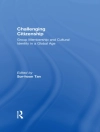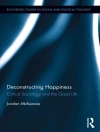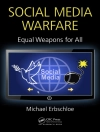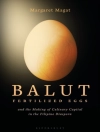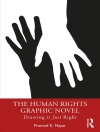This penetrating book raises questions about how power operates in contemporary society. It explains how the speed of information flows has eroded the separate space needed for critical reflection. It argues that there is no longer an ′outside′ to the global flows of communication and that the critique of information must take place within the information itself.
The operative unit of the information society is the idea. With the demise of depth reflection, reflexivity through the idea now operates external to the subject in its circulation through networks of humans and intelligent machines. It is these ideas that make the critique of information possible. This book is a major testament to the prospects of culture, politics and theory in the global information society.
Innehållsförteckning
PART ONE: INFORMATION
Live Zones, Dead Zones
Towards a Global Information Culture
Disorganizations
Unruly Objects
The Consequences of Reflexivity
Media Theory
PART TWO: CRITIQUE
Critique and Sociality
Revisiting the Theory of the Sign
Tradition and the Limits of Difference
Critique of Representation
Henri Lefebvre′s Spatial Materialism
PART THREE: CRITIQUE OF INFORMATION
Being after Time
The Disinformed Information Society
Technology and Phenomenology
Non-Linear Power
Mc Luhan and Haraway
Technological Forms of Life
Om författaren
Professor Scott Lash is the Director of the Centre for Cultural Studies at Goldsmiths College, as well as a a project leader in the Goldsmiths Media Research Programme. He is a leading name within sociology and cultural studies, has written numerous books and articles over the last twenty years, and is currently the managing editor for the journal Theory, Culture and Society.


